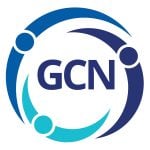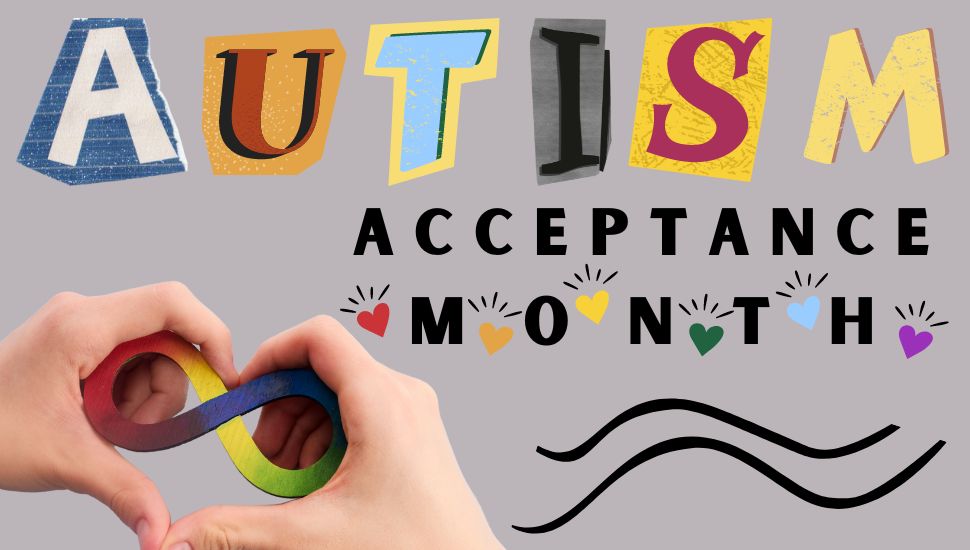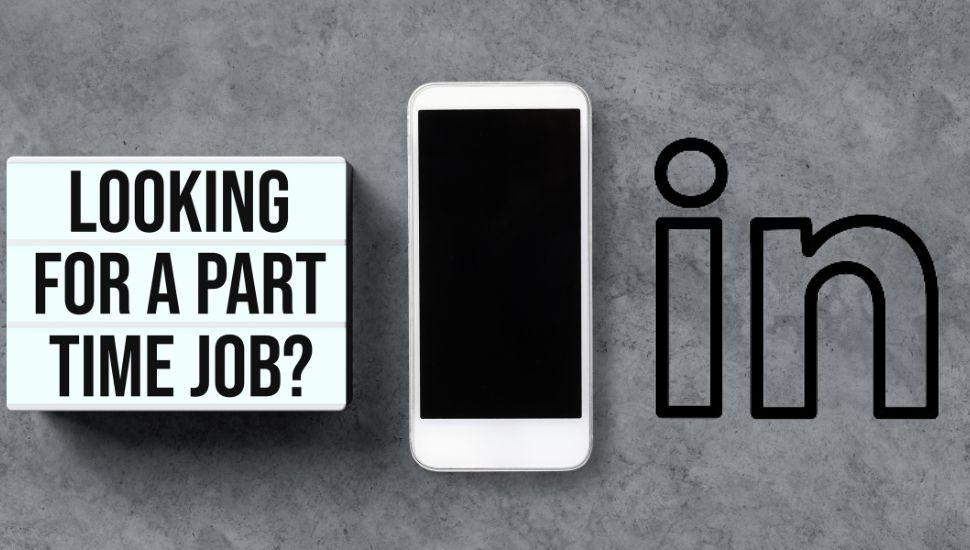April is Autism Acceptance Month, a time dedicated to enhancing the understanding and acceptance of autism. Let’s celebrate the diverse experiences of neurodivergent individuals to promote a more inclusive society.
A pivotal element of autism is how it’s represented and symbolized. The rainbow infinity symbol has replaced the traditional puzzle piece as the preferred emblem of autism.
This article delves into the reasons for this symbolic change and the complexities of revealing neurodivergence on professional platforms like LinkedIn™.
The Rainbow Infinity Symbol: A New Representation
The rainbow infinity symbol features a continuous loop in a range of colors, symbolizing limitless possibilities and embracing the diversity of the autism spectrum.
The symbol reflects each individual’s intricate and unique experiences, moving away from the outdated notion that autism is a problem needing a solution, a concept often associated with the puzzle piece.
The puzzle piece can be a trigger for many in the #ActuallyAutistic community.
Aspects of the Rainbow Infinity Symbol
- Inclusivity: It recognizes the broad spectrum of autism, affirming that every autistic individual’s experience is unique.
- Empowerment: This emblem promotes pride and empowerment among autistic individuals, encouraging self-acceptance and community.
- Diversity: The rainbow of colors signifies the diversity within the autistic community, including the intersectionality of gender, race, and additional identities.
- Recognition: The rainbow infinity symbol may not be as instantly recognizable as the puzzle piece, which could lead to some misunderstandings about its significance.
Revealing Neurodivergence on LinkedIn™ – Striking a Sensitive Balance
Choosing to disclose one’s neurodivergence on platforms like LinkedIn™ is an intensely personal decision with potential positives and negatives.
Advantages of Disclosure
- Authenticity: Being open about neurodivergence can enhance a sense of genuineness, allowing individuals to express their identity and experiences fully.
- Advocacy, Awareness, and Awareness: Disclosure can lead to greater awareness and understanding of neurodiversity in the workplace, promoting acceptance and encouraging others to share their experiences.
- Suitable Opportunities: Transparency about neurodivergence may draw employers who prioritize diversity and inclusion, creating a better match for all involved.
Disadvantages of Disclosure
- Bias and Misunderstanding: Despite progress, stigma and misconceptions about autism and neurodivergence remain, potentially leading to bias or misunderstanding by potential employers or colleagues.
- Privacy Concerns: Once disclosed, this information becomes part of one’s professional narrative, which might not be preferable for everyone.
Ways to Support the Autistic Community
- Use the term “autistic person” rather than “person with autism”
- Opt for wearing #RedInstead and avoid using “light it up blue” or wearing blue
- Engage with and learn from the #ActuallyAutistic community
- Support the use of the rainbow infinity symbol over the puzzle piece to represent the neurodiverse community
- Contribute to organizations that focus on supporting and assisting autistics rather than those funding genetic or scientific research (i.e., do not support or donate to organizations like Autism Speaks)
Further Exploration
Are you interested in exploring more? Check out additional articles and resources in How to Align The Great Resignation with Company Culture, Autism, & Neurodiversity.
Conclusion
Autism Acceptance Month is a reminder of the continuous path toward inclusivity and understanding.
Adopting the rainbow infinity symbol for autism representation marks a positive step in acknowledging the diverse experiences within the autistic community.
Deciding to disclose neurodivergence on platforms like LinkedIn™ involves weighing personal authenticity against professional implications.
As society evolves, advocating for environments where such decisions are respected and diversity is celebrated is crucial.
By embracing these principles, we build a more inclusive world professionally and beyond.
NEXT STEPS
- Subscribe to my newsletter on LinkedIn™ for bright ideas on how to manage your career.
- If you need a resume or LinkedIn™ profile to get you to your next step, book a call to chat!
- Join as a member at https://greatcareers.org/membership of the #1 business networking association on the Philadelphia Business Journal’s Book of Lists four years in a row!
- To support our charity at KeepOnSharing.com use the referral code Career
- Follow #GreatCareersPHL
AUTHOR BIO
Lynne M. Williams is the Executive Director of the Great Careers Network, a volunteer-run 501(c)3 nonprofit organization that provides career development and networking connections for 1) job seekers in career transition, including veterans, and 2) employed and self-employed for career management.
Aside from writing keyword-focused content for ATS resumes and LinkedIn™ profiles, Lynne is currently writing her doctoral dissertation on LinkedIn™ for Job Seekers. She is a contributing author on “Applying to Positions” in Find Your Fit: A Practical Guide to Landing the Job You Love, along with the late Dick Bolles, the author of What Color is Your Parachute?, and is also a speaker on career topics.




